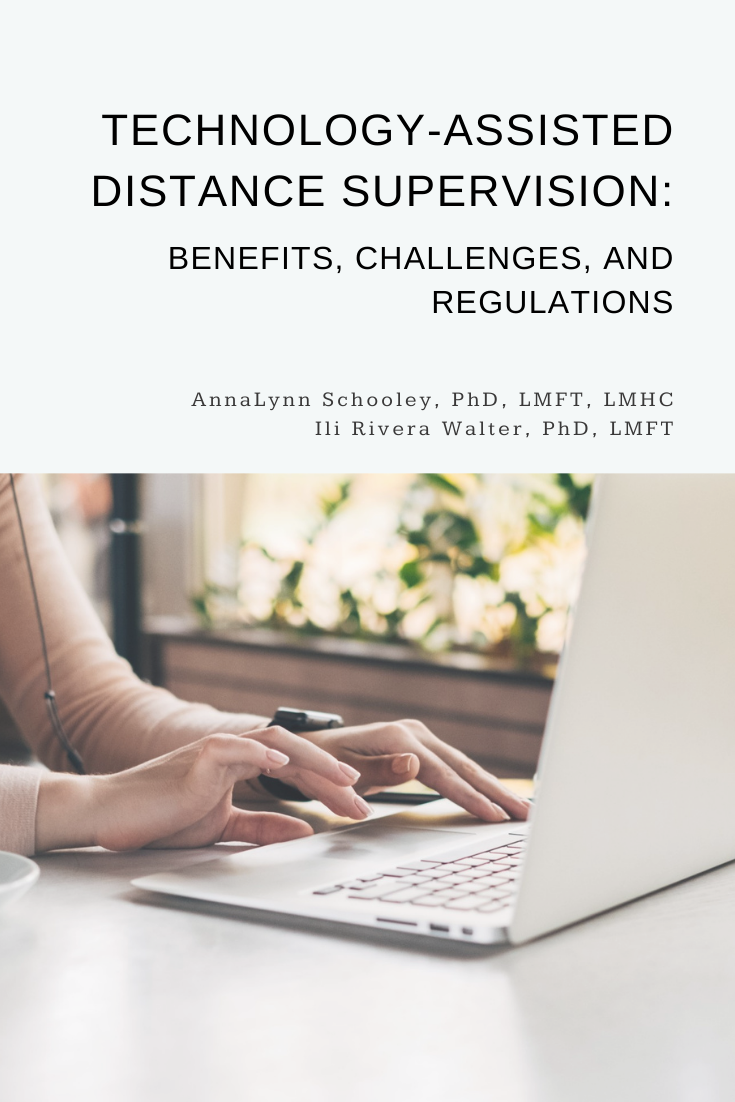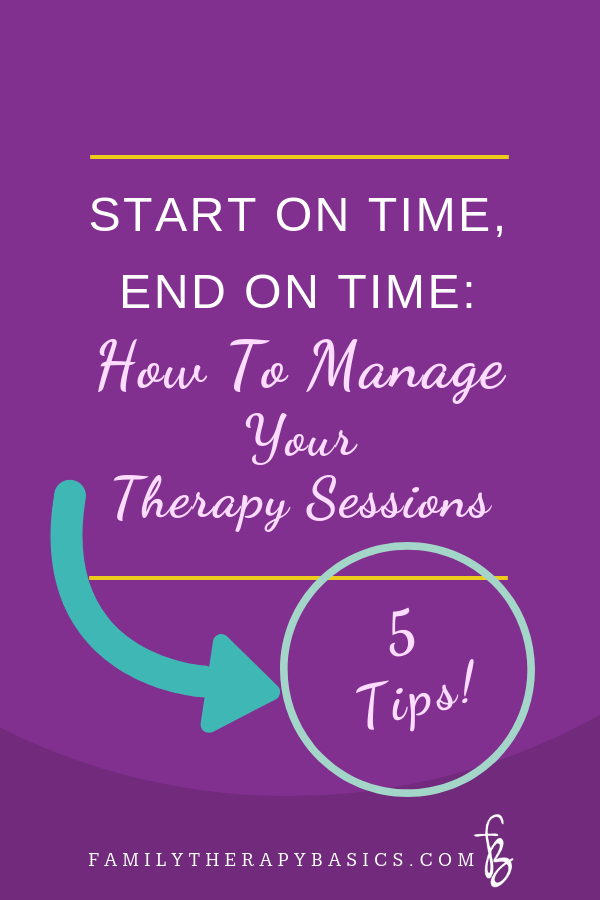This summer, I reviewed recent research in the field of marriage and family therapy. In this post, I include a brief summary of several articles and one book that I read—all on the topic of romantic relationships and relevant for couple therapy. The articles are from the July 2024 issue of the Journal of Marital and Family Therapy.
Managing Desire and Affection Discrepancies in Romantic Relationships
The researchers investigated, using qualitative methodology, strategies for resolving sexual desire discrepancies in, primarily, LGBTQ+ couples. The following were orienting questions for the study:
1 | What strategies do adults use to address sexual and affectionate desire discrepancies in their romantic relationships?
2 | Do adults think that their strategies are effective?
3 | Do strategies differ based on whether adults perceive their desire discrepancies to be problematic?
The authors found that participants used five main strategies to manage desire discrepancies:
Alternative behaviors
These behaviors include: Participating in alternative sexual/affection behaviors than desired, non-sexual behaviors that met closeness needs, and engaging in sexual and/or affection behaviors with a third party (for participants in open relationships).
Communication
Behaviors in this category include dialogue regarding desire, compromise to find agreed-upon sexual or affection behaviors, and reassurance about attraction and love between partners.
Doing nothing
“Doing nothing” refers to partners not addressing the discrepancy issue within the relationship. However, partners using this strategy mentioned coping with a lack of interest on their own, both in negative and positive ways.
Engaging in physical behavior without desire
Some participants explained this strategy as having an “openness” to their partner’s desire, while others used this strategy out of guilt or obligation.
Giving control to one partner
This strategy varied within the study. Some participants gave control to the lower desire partner, engaging in what was comfortable for that partner. Other participants gave control to the higher desire partner, as long as their limits were respected.
To read this full study, visit: https://onlinelibrary.wiley.com/doi/full/10.1111/jmft.12709
Clark, A. N., Walters, T. L., & Lefkowitz, E. S. (2024). “It's an ongoing discussion about desire”: Adults' strategies for managing sexual and affectionate desire discrepancies in romantic relationships. Journal of Marital and Family Therapy, 50(3), 669-686.
Assessments for multi-heritage couple therapy
“Multi-heritage couples encompass inherent differences in race, ethnicity, religion, gender, sexual orientation, national origin, and culture” (McIntosh & Wang, 2024). Multi-heritage couples face similar challenges to all couples; “however, these challenges are frequently intensified by differences in worldviews, such as collectivistic or individualistic perspectives, as well as racial, ethnic, and religious diversities.”
The researchers conducted a systemic review, utilizing the following guiding questions, with the goal of “shed[ding] light on the efficacy of existing assessment tools and identify[ing] opportunities for the development of culturally attuned assessments for multi-heritage couples:”
1 | What are the existing assessment tools for multi-heritage couples?
2 | What are the strengths and limitations of those existing assessment tools?
The researchers included nine tools in their analysis, and “did not find any standardized assessment tools that were specifically developed for multi-heritage couples” (McIntosh & Wang, 2024). While assessments do exist that gather information on essential couple dynamics, and one assessment is standardized, no existing assessment was designed for multi-heritage couples. The authors call for developing, in the field of MFT, the “evidence base” in the area of mutli-heritage couples.
To read this full study, visit: https://onlinelibrary.wiley.com/doi/10.1111/jmft.12708
McIntosh, D. L., & Wang, G. (2024). Assessments for multi‐heritage couple therapy: A review of existing tools. Journal of Marital and Family Therapy, 50(3), 611-629.
Developmental Couple Therapy for Complex Trauma (DCTCT): A Pilot Study
The researchers conducted a study on the process and outcome of DCTCT, utilizing the modality’s treatment manual with seven couples. The inclusion criteria for trauma was defined as one partner meeting diagnostic criteria for CPTSD according to their results on the International Trauma Questionnaire.
The seven couples completed an average of 30 sessions of DCTCT, each. The couples showed statistically significant improvements in “overall trauma symptoms, emotion regulation capacities, and reductions in attachment-related anxiety”. Only one participant met criteria for CPTSD at termination of the study, as compared to seven participants meeting criteria at intake.
To read the full study, visit: https://onlinelibrary.wiley.com/doi/full/10.1111/jmft.12711
MacIntosh, H. B. (2024). Developmental couple therapy for complex trauma: Results of an implementation pilot study. Journal of Marital and Family Therapy. 50(3), 545-566.
This is How Your Marriage Ends, Matthew Fray
Matthew Fray found himself an accidental relationship coach after blogging about the demise of his marriage. In this book, he explains the cycle and impact of relationship-killing behaviors and beliefs, and how they seem innocuous in the moment of conflict, but build to devastating consequences in long-term relationships. If you’ve received training in couple therapy, many of Fray’s points will be familiar, including: The losing strategy of “being right,” invalidating statements, and ways partners communicate judgment and blame. What resonates most from this book, is the first hand account of a man who realized, seemingly on his own (albeit post divorce), how he contributed to the destruction of his most important relationship.
Fray, M. (2022). This is How Your Marriage Ends: A Hopeful Approach to Saving Relationships. HarperOne.
Let me know, in the comments:
Which resource was most interesting to you, and why.













